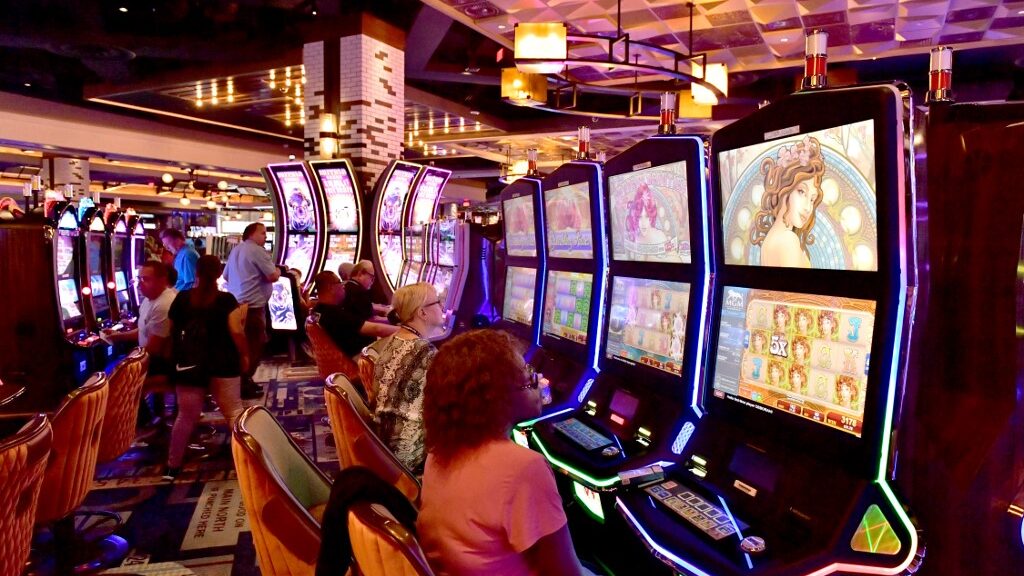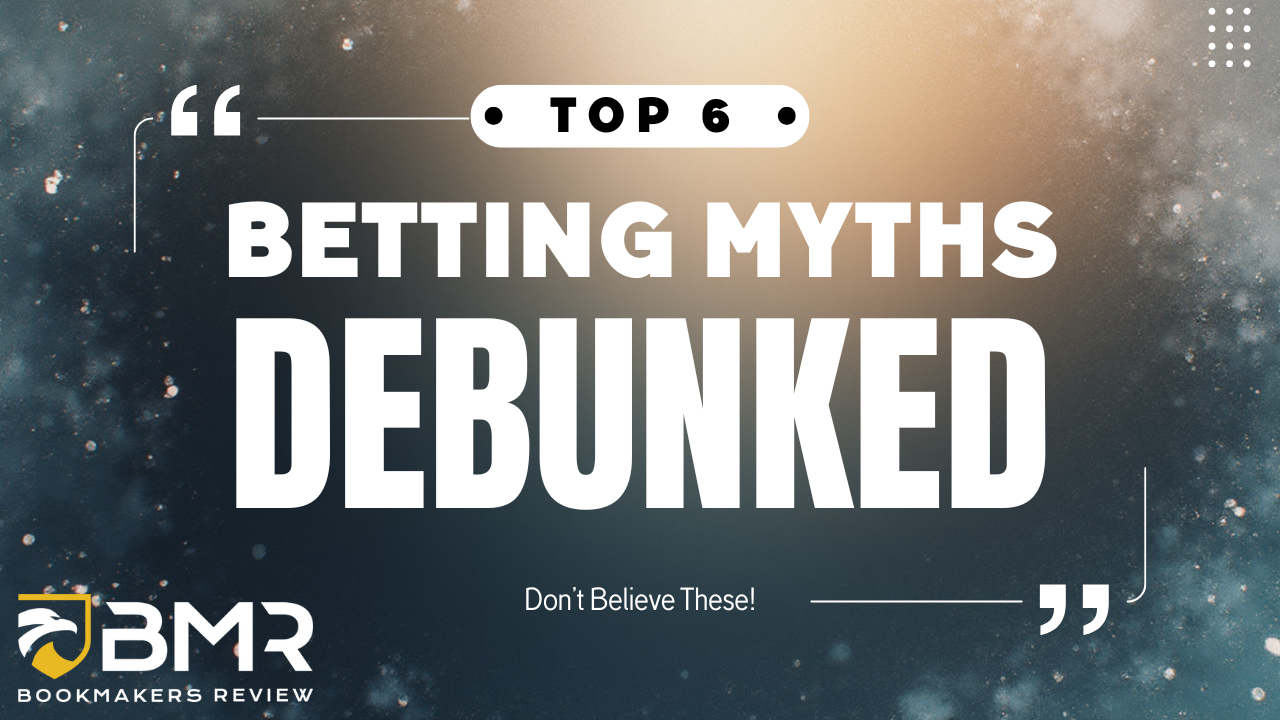
The Massachusetts Gaming Commission has recently reviewed the findings of a white paper focused on casino advertising in the Bay State and is contemplating new measures to reduce the risk to problem gamblers and those under the age of 21.
Too Much of a Good Thing?
If you want to get the word out about your product or service, the best thing you can do is let people know all about it. And so, advertising was born. It’s not complicated and it has a long track record of proven success which is why the Massachusetts Gaming Commission’s (MGC) recent report on the deleterious effects of casino advertising seems to be at odds with the intended goal of getting the word out.
The long and short is that more casino advertising will lead to more casino customers but it will also increase the number of problem gamblers. But if the MGC is so concerned with problem gambling then why advertise at all? And if we take it to its furthest extreme, why allow casino gambling in the first place?
While they’re at it, maybe the Commission should nix the Massachusetts State Lottery even though it netted over $1.1 billion last year. After all, problem gamblers don’t just bet on craps, blackjack, or roulette. Scratch tickets and the daily number can be mighty enticing to those who don’t know when to say when.
Research Manager Marie-Claire Flores Pajot, referencing a finding of a six-year study of problem gambling in Massachusetts, spoke about the influx of casino advertising before the opening of the MGM Springfield in 2018.
“That increased publicity and media attention about gambling aligned with those elevated rates of problem gambling, indicating that those relapses in problem gambling were not likely due to the physical availability to gamble — because the casino was not open — but rather due to the increased publicity and media attention in advance of the opening of the casino.”
What to Do?
And now that it took six years and no telling how many tax dollars to find that casino advertising can have a negative and potentially harmful effect on problem gamblers, there must be something the Massachusetts Gaming Commission can do to rectify these wrongs.
Well, where there are tax dollars to spend there must be a problem to solve, so why not curtail the very mechanism that generates hundreds of millions of dollars in tax revenue to the state’s coffers? If the advertising is cut in half, then we can logically assume that the state will have fewer problem gamblers and, by default, fewer non-problem gamblers walking through the front doors of the MGM Springfield, the Encore Boston Harbor, and Plainridge Park Casino. Makes sense, right?
The Massachusetts Gaming Commission Chairwoman, Cathy Judd-Stein said, “What I’m excited about is that we’re engaging this conversation. I had thought that this was somewhat overdue. And I think with Commissioner [Brad] Hill’s arrival, you and I both recognize that at least with respect to sports betting, we were seeing such a proliferation of advertising that this was probably a good time to truly revisit — it had been looked at in the past — but to look at it through even a new lens since 2014 and in the next few years.”
The free market is in play in Massachusetts and, with few exceptions, everywhere else in America. But the health, safety, and welfare of its citizens must be taken into account even in a capitalist society.
This we understand but to that end, vis a vis those who could be adversely impacted by casino advertising, there are already responsible steps implemented that compel the state’s three gaming licensees from targeting its advertising towards anyone who has voluntarily put their name on the state’s casino self-exclusion list and those under the age of 21.
There is also a Massachusetts Problem Gambling Helpline (800) 327-5050 which is funded by a portion of the tax dollars generated by the state’s casino industry.
All of the above are perfectly rational, reasonable, and responsible measures effectuated by the state’s gaming industry to avoid advertising to those who could be vulnerable. Anything else is just an overwrought exercise in virtue-signaling. Perhaps it is best to close this with the words of Ohio State sports legend, Wes Fesler, who said, “Hypocrisy is the audacity to preach integrity from a den of corruption.”












